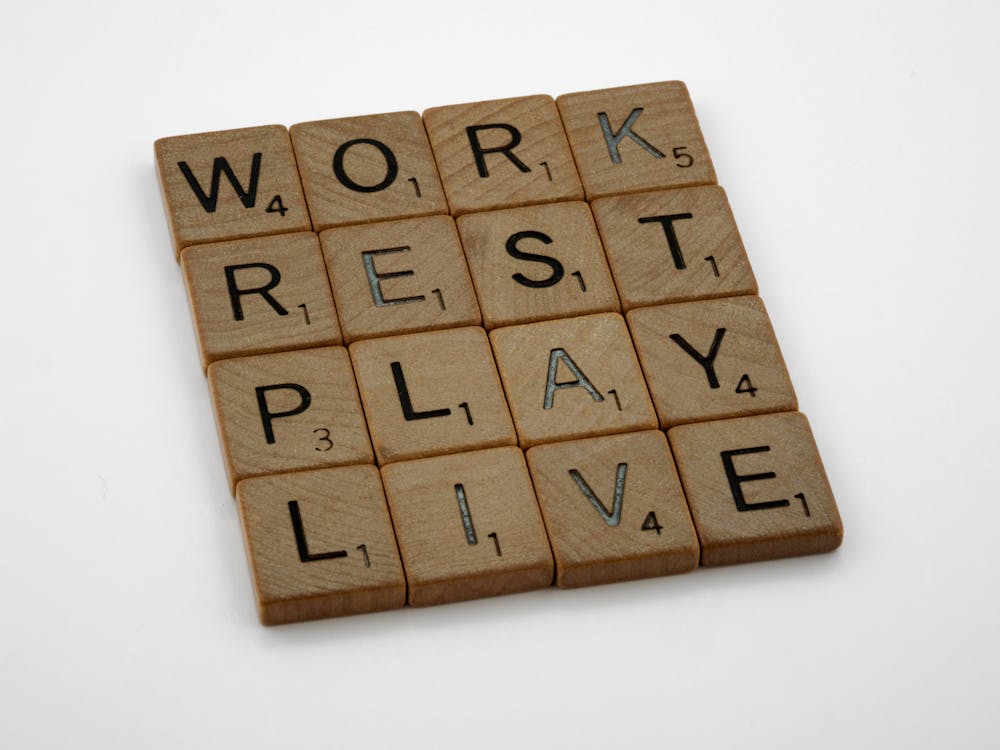
Endurance Training Tips: What to Do When it Feels Like The Padel Finish Line is Too Far Away?
When you think about endurance sports first thing that comes to mind are marathons and triathlons right? You would think that the gruesome training for these sports don’t apply to a more relaxed version of tennis — padel. But you couldn’t be more wrong.
The game of padel requires a lot of stamina but usually, players don’t even notice the long rallies because the game is so fun. But if you play padel seriously, there’s a lot of training involved. With such a high volume of training, there is a lot of training weariness, and it’s not unusual to feel exhausted after a workout. It’s almost like a bundle offer.

Work-life balance
It’s not just the training that’s exhausting. There’s also work and other social stuff that you need to take into account. Needless to say, if you truly want to excel at this sport you really have to put the work in during padel sessions. This is certainly draining if not physically, then certainly emotionally. A single activity might leave an athlete exhausted and depleted for many days.
Don’t worry you’re not alone. Every padel player who pushes his or her own boundaries and strives to enhance performance may get exhausted after a match. The difference that makes out the best padel players is when you overcome exhaustion and reach out of your comfort zone.

Do you need zero focus only on padel in order to succeed?
The good news is that we don’t have to abandon our fitness objectives in order to feel invigorated and live a happy life. Neither on our professional nor personal goals to be a competitive athlete. It is feasible to integrate an aggressive training regimen with a busy life with some practical training, rehabilitation, and lifestyle modifications.
The majority of us have day jobs, families, and other responsibilities. So, the following are a few lifestyle and training improvements that any athlete may apply to feel invigorated rather than exhausted throughout the day.

Engage in matches that are shorter but more frequent to prevent getting drained
Every elite athlete’s secret sauce is frequency and volume. Easy exercise on a regular basis provides a strong foundation of strength and endurance. In no time you’ll be able to handle higher training loads, recover faster, and improve their speed during more rigorous stages.
Long rallies, on the other hand, aren’t the sole method to create an aerobic basis. Splitting longer training or drills into multiple shorter ones is an excellent approach to lessen post-workout tiredness and stimulate smaller, more frequent responses. This allows athletes to increase their exercise volume while remaining fatigue-free.

Chug on that green juice!
This may sound very millennial but the fact of the matter is that these smoothies are good for your health. They’re rich with antioxidants, nutrients, and other vitamins that you’re body needs for that extra tender love and care!
One of the finest things athletes can do to speed up their recovery is to drink a smoothie every day. A diet rich in fruits, vegetables, and, particularly, berries, will supply the body with all it needs to recuperate after a workout.
This kind of smoothie creates an alkaline environment in the body, which lowers inflammation. It’s also nutrient-dense, including vitamins and minerals that our bodies need after being pushed to their limits.

Meditate and strive for a clutter-free mind
Our mental reaction to everything that occurs to us is called stress. It increases heart rate, blood pressure, and blood sugar levels by mobilizing the body and promoting the production of adrenaline and cortisol.
That may be exhausting since even minor stressors such as being late or caught in traffic can mount up during the day. This added strain pulls energy away from recuperation and is a major component in feeling weary after exercise for someone who has an aggressive training regimen.
More and more professional and amateur athletes are recognizing the importance of mental health and have begun to include meditation in their daily routines. Even 5-10 minutes of regular practice each day may assist to educate the mind to notice thinking patterns and regulate responses. This is a particularly beneficial technique for athletes since it not only helps them worry less but also helps them develop resilience in the event that things don’t go as planned.



